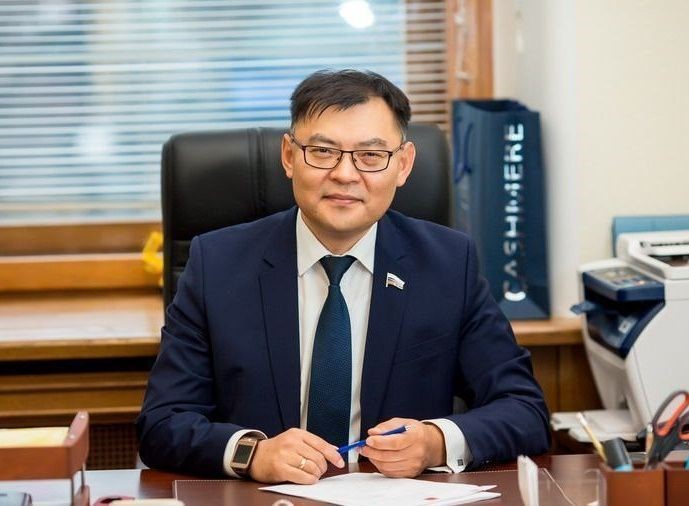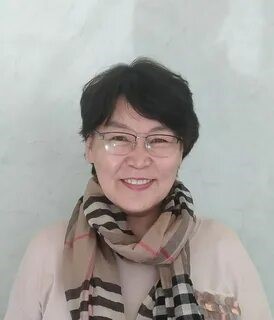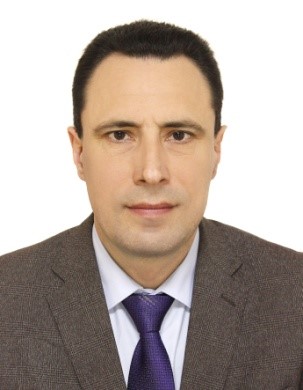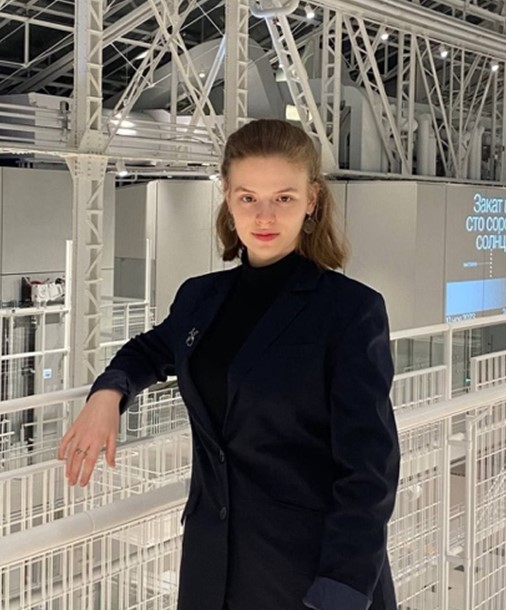Formation of the axiological potential of a modern student’s personality in the aspect of social security of society
DOI 10.51955/2312-1327_2025_4_212
Abstract. The realities of the modern world lead to increased risks of axiological uncertainty and vulnerability among students with their increased need for communication and self-realization in the digital world. The relevance of strengthening the value and meaning guidelines for educational activities is determined by the need to form value-based immunity at the student age which is a person’s axiological potential. The novelty of the research approach is the idea of a person’s axiological potential based on the existence of basic values in the individual consciousness: the values of a person’s unique inner existence (values of identity, a person’s internal position) and the values of social existence (traditional spiritual and moral values). The authors discuss the methodology and practice of education as an activity aimed at developing the axiological potential of a modern student’s personality; they provide recommendations for improving the technologies for forming the axiological potential of a student’s personality. The mechanisms of identification and individuation underlie the axiology of education and socialization of a student’ personality, contribute to formation of an internal position of an individual as a subject of educational activity, civic self-determination and professional development.
Keywords: student age, a person’s axiological potential, civic identity, a person’s internal position, spiritual and moral values.
Download article in PDF 361.5 kB






